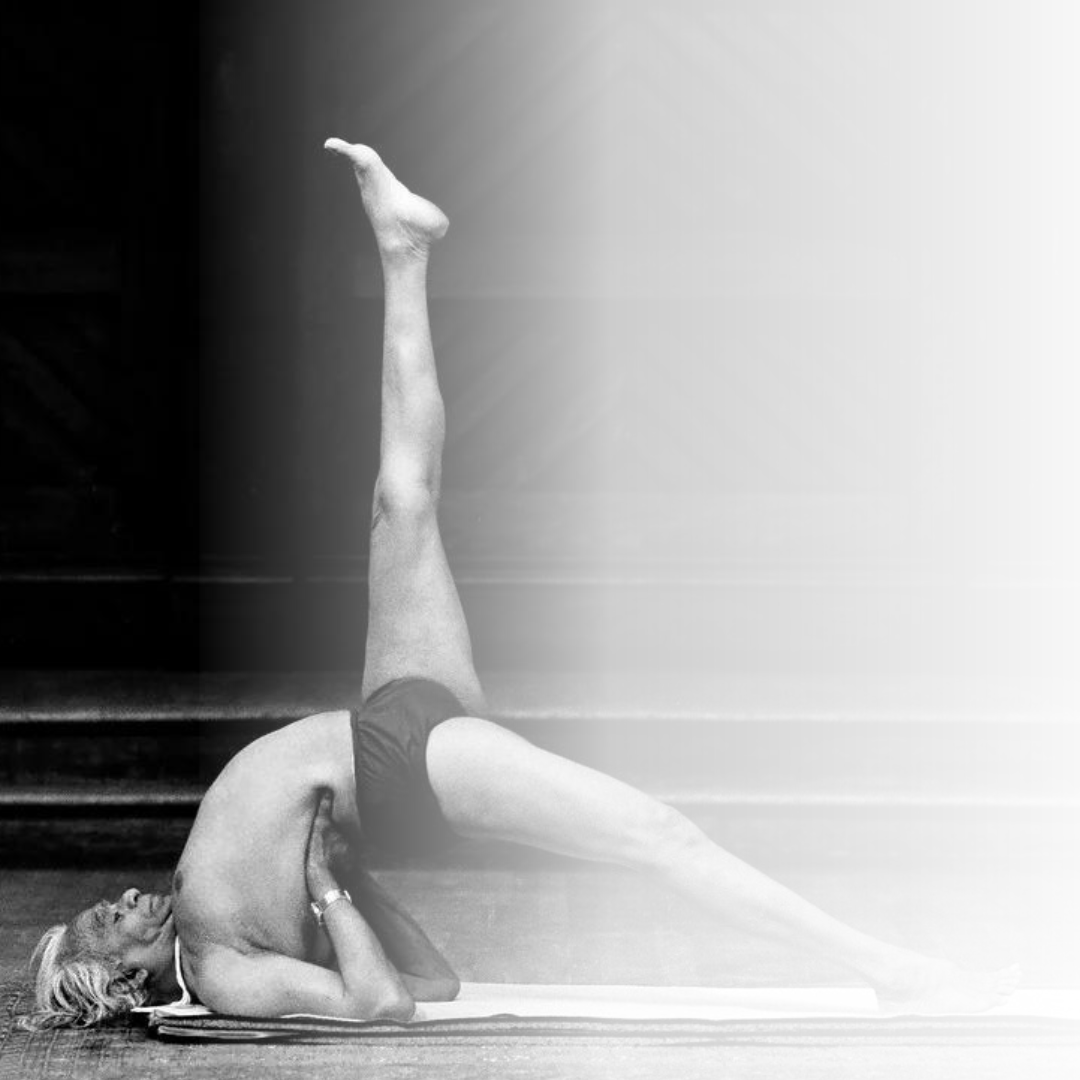Significance and Approach to
Iyengar Yoga Assessments in Asia

The Iyengar Yoga assessments in Asia hold profound significance as they embody the core principles of precision, alignment, and mindfulness taught by Yogacharya B.K.S. Iyengar. These assessments are more than just evaluations of skill; they are integral to maintaining and enhancing the quality of teaching and practice within the Iyengar Yoga community.
The approach to assessments in Asia is rooted in a deep respect for traditional yoga practices, yet adapted to meet the diverse cultural nuances of the region. They focus on rigorous standards, ensuring that each practitioner and teacher upholds the integrity and purity of Iyengar Yoga. Through these assessments, practitioners are encouraged not only to advance their physical abilities but also to deepen their understanding of yoga philosophy and its application in daily life.
Emphasizing continuous learning and self-improvement, these assessments are pivotal in cultivating a knowledgeable, skilled, and dedicated Iyengar Yoga community across Asia.
Levels of Iyengar Yoga Certification
The Iyengar Yoga certification in South East & East Asia is categorized into five progressive levels, reflecting the depth of practice, teaching skills, and commitment to Yogacharya B.K.S. Iyengar’s teachings:
Level One
formerly Introductory 1, 2, Intermediate Junior 1
The foundational level for new teachers, focusing on introductory asanas and basic teaching principles.
Level Two
formerly Intermediate Junior 2
Builds upon the foundational skills with more advanced teaching techniques and asanas.
Level Three
formerly Intermediate Junior 3 and Intermediate Senior 1,2,3
Encompasses comprehensive teaching skills, including a deeper understanding of complex asanas and yoga philosophy.
Level Four
Advanced Junior 1, 2, 3 and Advanced Senior 1, 2
At this advanced stage, teachers demonstrate mastery in Iyengar Yoga practice and teaching, including advanced asanas and therapeutic applications.
Level Five
The highest level of certification, assessed directly by the Ramamani Iyengar Memorial Yoga Institute (RIMYI) in Pune, India.
Self Development
Coaching for you if you want harmony in your life and are ready to work on important areas, change habits.
Work & Life Balance
Coaching for you if you want harmony in your life and are ready to work on important areas, change habits.
Career Consulting
Coaching for you if you want harmony in your life and are ready to work on important areas, change habits.
I Help People Understand Such Issues Like...
Start a journey to change your health
I help people who has lost in the life cycle to take the control of their life back and start doing things to make their dream.
Have insights and inspiration into who you are
I help people who has lost in the life cycle to take the control of their life back and start doing things to make their dream.
Upgrade your life and your life balance
I help people who has lost in the life cycle to take the control of their life back and start doing things to make their dream.




FAQs About Becoming a Certified
Iyengar Yoga Teacher
What are the prerequisites for Iyengar Yoga teacher training?
To start Iyengar Yoga teacher training or To be a mentee under any Iyengar yoga Mentor, you typically need a minimum of three years of consistent practice under a certified Iyengar Yoga Mentor/teacher. This practice should involve a deep understanding of Iyengar Yoga principles and techniques.
How do I find a Mentorship program / teacher training course?
Iyengar Yoga Mentorship program / teacher training courses are offered by senior Iyengar Yoga Mentors/teachers worldwide. You can find information about such courses through local Iyengar Yoga associations, the official Iyengar Yoga websites, and recognized Iyengar Yoga studios. For SouthEast and East Asia regions you’ll find at the following websites.
What does mentorship program/teacher training involve?
Teacher training involves extensive study and practice of Iyengar Yoga asanas and pranayama, understanding teaching methods, learning about anatomy and philosophy, and adhering to ethical guidelines. Trainees are also required to assist in classes under the supervision of a mentor.
What is the assessment process like?
The assessment typically includes a practical exam demonstrating asanas and pranayama, a teaching skills test, and a written or oral test on yoga theory and philosophy. The specifics of the assessment depend on the level of certification you are aiming for.
How often are assessments conducted?
Since the assessment in this region is irregular, “When the number of people waiting to take the test reaches the minimum number of applicants.”
The schedule for assessments is often published on Iyengar Yoga association websites of this region as well as at www.iyengaryoga.asia
What happens after passing the assessment?
After passing the assessment, you will receive your certification, allowing you to teach Iyengar Yoga at the certified level. You'll also be eligible to use the Iyengar Yoga Certification Mark and join the respective Iyengar Yoga association as a teacher member.
Can I teach Iyengar Yoga without certification?
Teaching Iyengar Yoga without official certification is strongly discouraged. Certification ensures that teachers meet the high standards of training and practice established by the Iyengar Yoga community.
Are there ongoing requirements after becoming a certified teacher?
Yes, certified teachers are required to engage in continuous learning and professional development. This includes attending regular classes with their mentors, attending advanced workshops, adhering to the ethical guidelines of the Iyengar Yoga community, and renewing their certification periodically.
Can I progress to higher levels of certification?
Yes, you can progress through various levels of certification, from Introductory to Advanced levels. Each level involves higher standards of practice and teaching proficiency.
Where can I find more information and resources?
For more information and resources, you can visit official Iyengar Yoga websites of this region and at www.iyengaryoga.asia Additionally, you can refer to guidelines and publications by RIMYI, Pune, India.
It's important to note that the journey to becoming a certified Iyengar Yoga teacher is both a personal and professional commitment, requiring dedication to the practice and teaching of Iyengar Yoga according to the standards set by the community.


